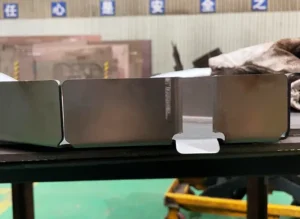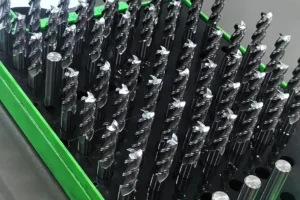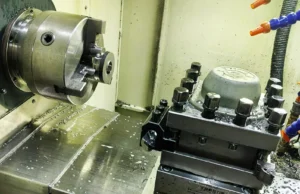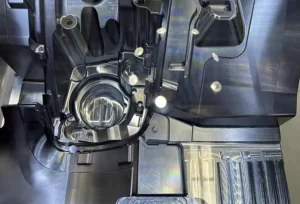
Can a CNC machine replicate automotive parts and car components?
Can a CNC Machine Replicate Automotive Parts and Car Components?
Automotive manufacturing has evolved significantly over the years, with technological advancements playing a crucial role in improving efficiency and precision.
One such technology that has revolutionized the production process is Computer Numerical Control (CNC) machining.
CNC machines have the capability to replicate complex parts and components with incredible accuracy, making them a valuable tool in the automotive industry.
Understanding CNC Machining
CNC machining involves the use of computer-controlled machines to accurately cut and shape materials into precision parts and components.
These machines follow coded instructions to execute specific tasks, allowing for high levels of repeatability and uniformity in production.
CNC machines can work with a wide range of materials, including metals, plastics, and composites, making them versatile and adaptable to various manufacturing needs.
Replicating Automotive Parts with CNC Machines
When it comes to replicating automotive parts and components, CNC machining offers several advantages.
One of the key benefits of using CNC machines is their ability to produce complex geometries and intricate designs with minimal human intervention.
This is particularly useful in the automotive industry, where precision and accuracy are paramount.
Another advantage of CNC machining is its flexibility in working with different materials.
Whether it’s aluminum, steel, or titanium, CNC machines can handle a wide range of materials commonly used in automotive manufacturing.
This versatility allows for seamless production of various car components, from engine parts to body panels.
Furthermore, CNC machines are capable of producing large quantities of parts with consistent quality.
This is essential for automakers looking to maintain uniformity across their production line while meeting high-volume demands.
CNC machining can help streamline the manufacturing process, reduce lead times, and improve overall efficiency.
The Advantages of CNC Machining for Automotive Parts
There are several advantages to using CNC machining for replicating automotive parts and components:
- Accuracy: CNC machines offer precise and accurate results, ensuring tight tolerances are met consistently.
- Efficiency: CNC machining reduces production time and labor costs, making it a cost-effective solution for automotive manufacturing.
- Versatility: CNC machines can work with a wide range of materials and produce complex shapes effortlessly, making them ideal for automotive applications.
- Quality: CNC machining delivers high-quality parts with uniformity, enhancing overall product performance and durability.
Limitations of CNC Machining in Automotive Manufacturing
While CNC machining offers numerous benefits, there are also limitations to consider when using this technology for replicating automotive parts. One of the main drawbacks is the initial setup costs involved in programming CNC machines.
Creating precise and complex toolpaths can be time-consuming and may require skilled operators to ensure optimal results.
Additionally, CNC machines may not be suitable for all types of automotive components. Parts that require intricate hand-finishing or assembly may not be well-suited for CNC machining.
It’s essential to evaluate the specific requirements of each part to determine the most suitable manufacturing method.
Conclusion
In conclusion, CNC machining is a powerful tool for replicating automotive parts and car components with precision and efficiency.
The technology’s ability to produce complex geometries, work with various materials, and maintain consistent quality makes it an invaluable asset in the automotive industry.
While there are limitations to consider, the benefits of CNC machining far outweigh the drawbacks, making it a preferred choice for automakers looking to streamline their production process and deliver top-quality products to consumers.



